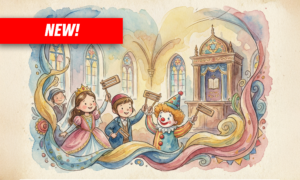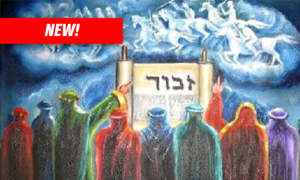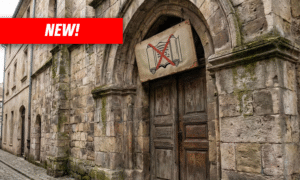Part 1: A G-dly Greeting
From verses in Tanach, it seems that Jews would greet each other with G-d’s sacred name (source 1 & 2). Indeed, the Mishna rules that a person should incorporate G-d into his greeting, based on those verses (source 3), and says that this custom of our ancestors should be preserved (source 4).
The Rebbe cites the Mishna and its explanation, and then asks a simple question: Why don’t we find this law in Maimonides’ Mishneh Torah? There is one source in Maimonides (source 5) that speaks about greeting others. But, as the Rebbe explains in the next segment, it has no relevance to the matter at hand.
Part 2: A Time to Act
The above-mentioned Mishnah cryptically mentioned a verse which teaches us a fascinating concept in Jewish law: There are times when we transgress Torah in order to preserve Judaism (source 6). The Shita Mekubetzes explains that this custom was enacted to preserve the memory of the name of G-d, at a time when people often greeted each other with the name of their own deity (source 7).
Thus, the Rebbe explains, this was a necessary custom during specific eras in our history: during the time of the Judges, when idol worship was rife, and also in the early days of Christianity, when the trinity was commonly invoked in greetings.
Part 3: ‘Progressive’ Religions
The Rebbe ties this concept into Maimonides’ statement that Christianity and Islam paved the way for Moshiach. Under their influence, the names of deities are no longer commonplace. And for that very reason, Maimonides didn’t include the Mishna’s ruling and this custom has fallen out of use.






